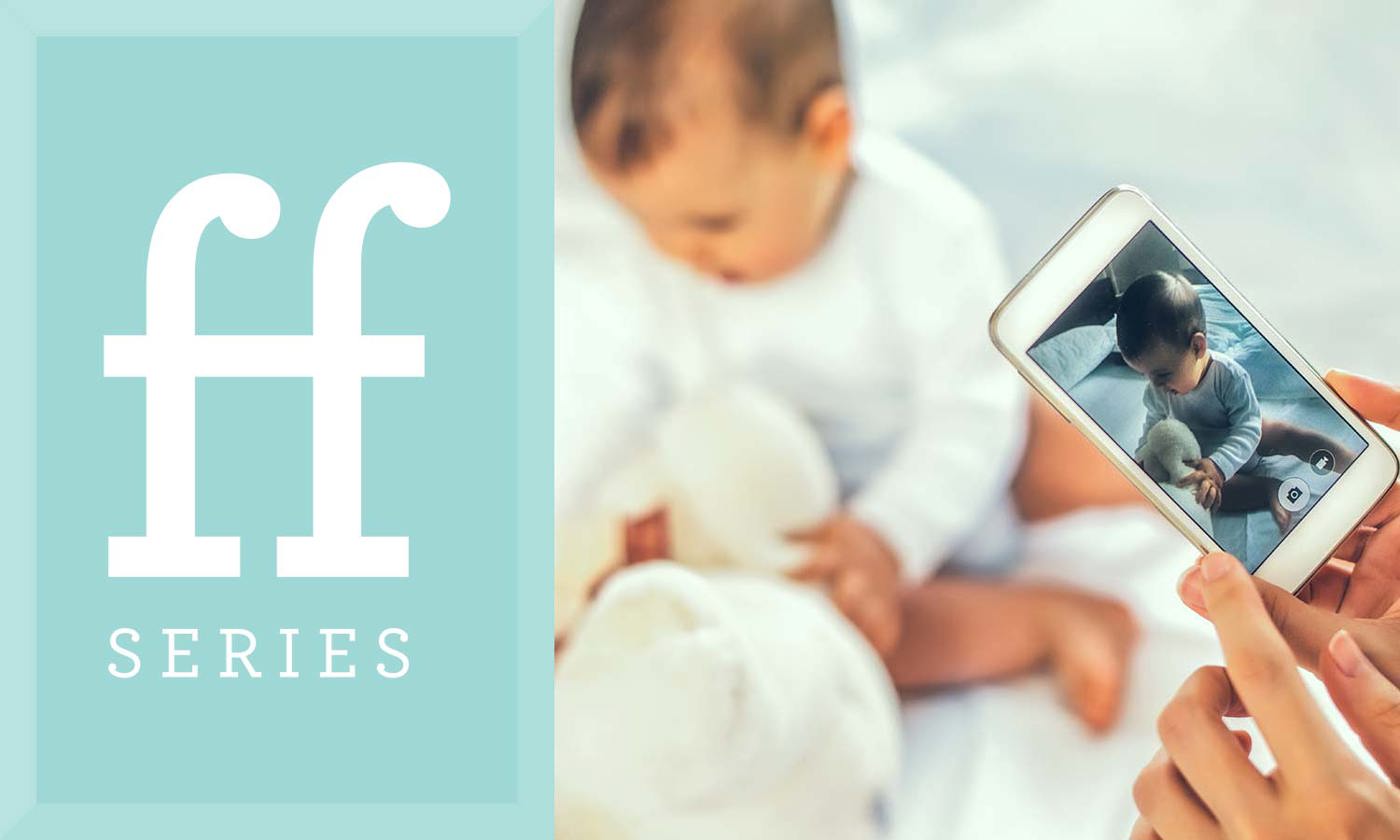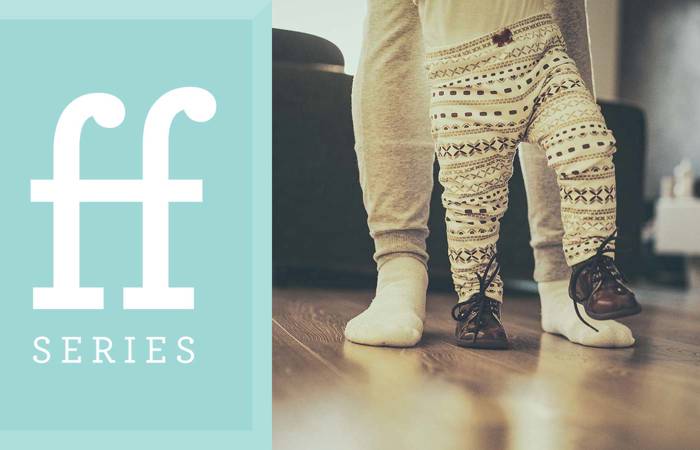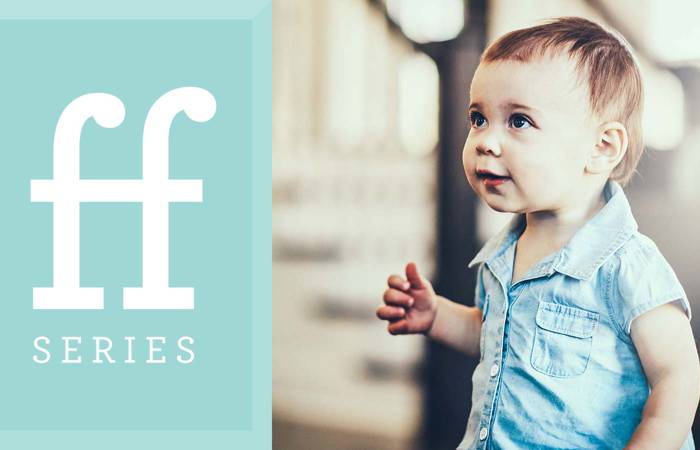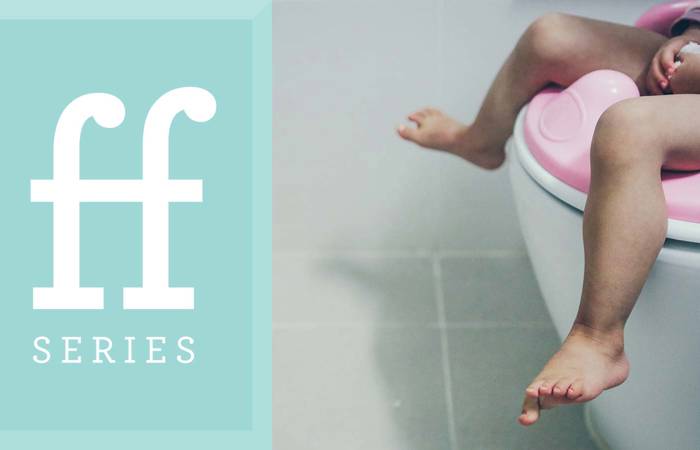Like what you see?
Sign up to receive more free parenting advice.
Thank you for subscribing to our newsletter!
Child Development

Credit: iStock.com/bluecinema
Baby development from 4-8 months include a leap forward in physical, social and cognitive ability as they learn to make crawling movements, respond to their name and enjoy simple games.
The Australian Government's Early Years Learning Framework Practice Based Resources - Developmental Milestones provides guidance through a range of milestones. Parents should be aware however that babies all develop at a different pace and each child is unique. The milestones should be considered guidelines and parents shouldn't be concerned unless their child displays one of the criteria under which it is recommended that they seek advice.
Goodstart Early Learning Queensland Regional Manager Deon Hemberg says infants and toddlers require daily interactions with trusted adults and constant supervision.
“Infants and toddlers need to feel secure and able to explore the world around them,” Deon says.
“To achieve this, set up environments that creates nooks and crannies for babies to explore.”
Age 4-8 months
Physical
- plays with feet and toes
- makes effort to sit alone, but needs hand support
- raises head and chest when lying on stomach
- makes crawling movements when lying on stomach
- rolls from back to stomach
- reaches for and grasp objects, using one hand to grasp
- eyes smoothly follow object or person
- crawling movements using both hands and feet
- able to take weight on feet when standing
- watch activities across room - eyes move in unison
- turns head to sound of voices
Social
- reacts with arousal, attention or approach to presence of another baby or young child
- responds to own name
- smiles often and shows excitement when sees preparations being made for meals or for bath
- recognises familiar people and stretches arms to be picked up
Emotional
- attachment and trust
- becoming more settled in eating and sleeping patterns
- laughs, especially in social interactions
- may soothe self when tired or upset by sucking thumb
- begins to show wariness of strangers
- may fret when parent leaves the room
- happy to see faces they know
Cognitive
- swipes at dangling objects
- shakes and stares at toy placed in hand
- repeats accidently caused actions that are interesting
- enjoys games such as peek-a-boo or pat-a-cake
- will search for partly hidden object
- able to coordinate looking, hearing and touching
- enjoys toys, banging objects, scrunching paper
- explores objects by looking at and mouthing them
- shows interest in books
- tests foods and needs variety
- explores objects with mouth
Language
- enjoys games such as peek-a-boo or pat-a-cake
- babbles and repeat sounds
- makes talking sounds in response to others talking
- copies sounds
- smiles and babbles at own image in mirror
- esponds to own name
Seek advice if the child:
- is not making sounds
- is not responding to familiar faces
- is not able to roll when playing on floor
- is not responsive to carers
- is not babbling and making sounds
- is not playing with feet/swapping objects between hands
Get Advice
Real parents. Real problems. We’re here with a group of leading early learning and parenting professionals to answer your questions.






